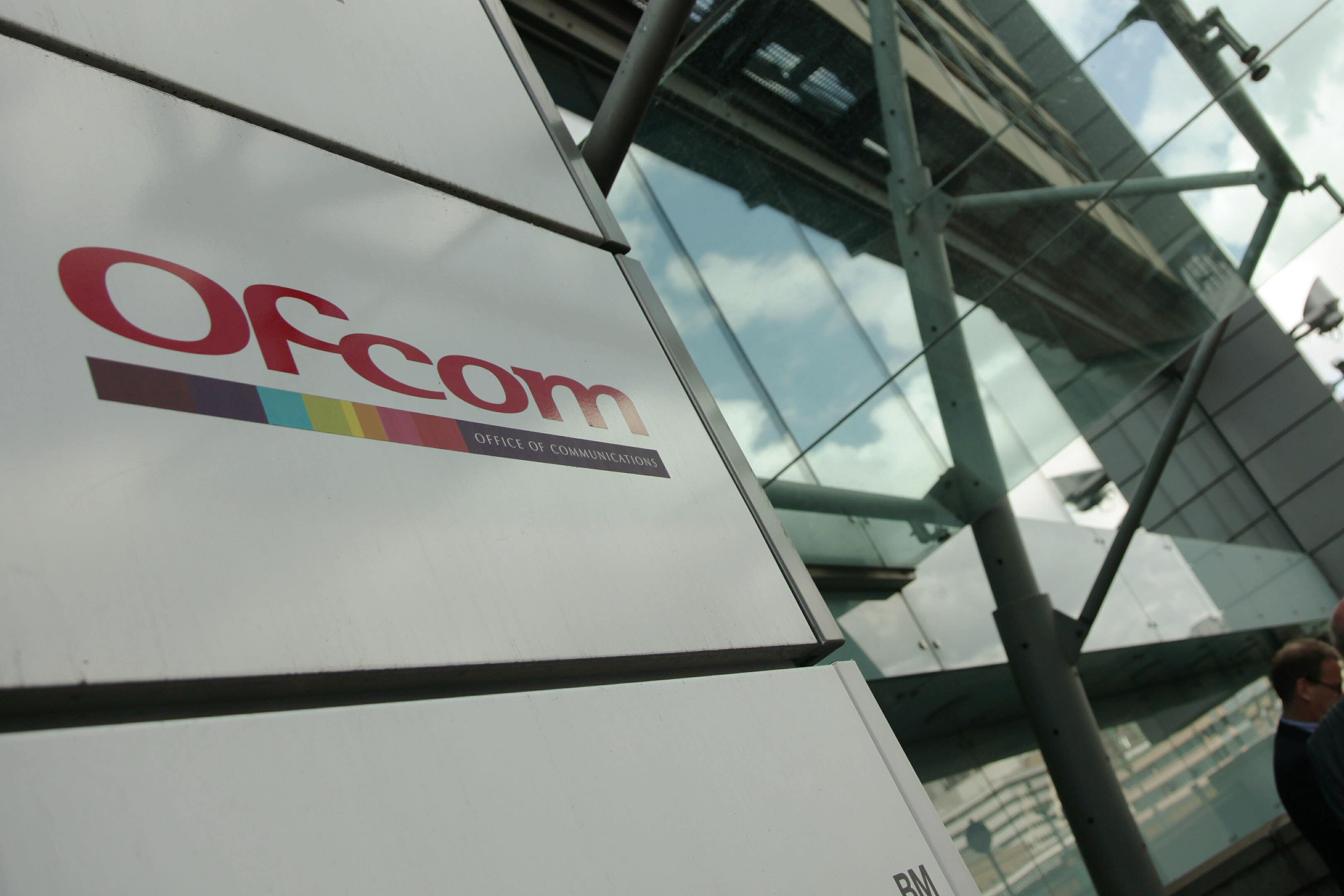
Millions of families are missing out on cheap broadband, warned a new report by communications regulator Ofcom.
The watchdog is concerned over half of low-income UK households are not receiving the correct advice when it comes to switching to a social tariff, with consumer groups urging customers to look into the packages available amid the ongoing cost of living crisis.
Lindsey Fussell, Ofcom’s director of network and communication, advised: “We’re urging anyone who thinks they could be eligible for a discount deal to contact their provider today and potentially save hundreds of pounds.”

Customers on benefits are offered social tariffs, which are lost-cost broadband deals that cost between £10 and £20 per month. These could save millions of families roughly £200 a year if they switch, according to Ofsted.
Take-up has quadrupled since January last year - but it added the majority are still missing out on these deals, largely because they just do not know about the savings options. In fact, the watchdog reported roughly 4.3 million UK households could be getting cheaper broadband, yet a mere 220,000 people - or 5 per cent of households - are signed up for the offer.
UK households getting benefits like Universal Credit, Pension Credit, Jobseeker’s Allowance and Income Support can pay less for internet and telecoms access on reduced social tariffs.
Among the current providers are BT, EE, SMARTY, Community Fibre, NOW, Sky, Virgin Media, KCOM, Hyperoptic, G Network and VOXI - while TalkTalk and O2 are being encouraged to introduce social tariffs in the broadband and mobile markets respectively.
As many as one in three UK households faced issues affording their communication services, according to Ofcom’s affordability tracker - yet the watchdog is concerned broadband providers are not being upfront about the packages on offer, with a mere 9 per cent of eligible customers having found out about social tariffs through their provider.
Lindsey Fussell, Ofcom's director of network and communication, said that “these savings could make a massive difference" and broadband providers should go further.







